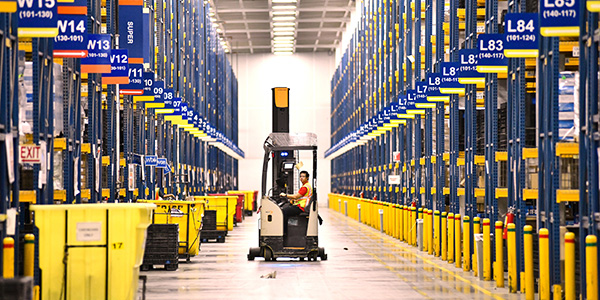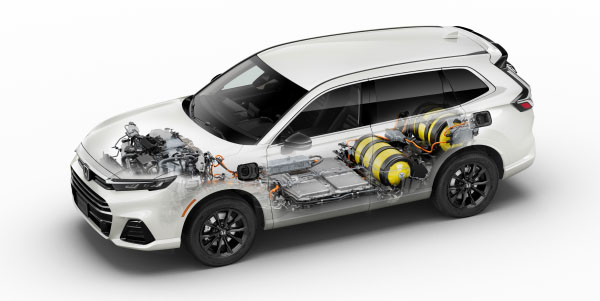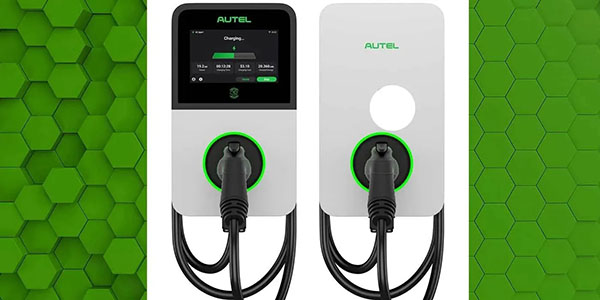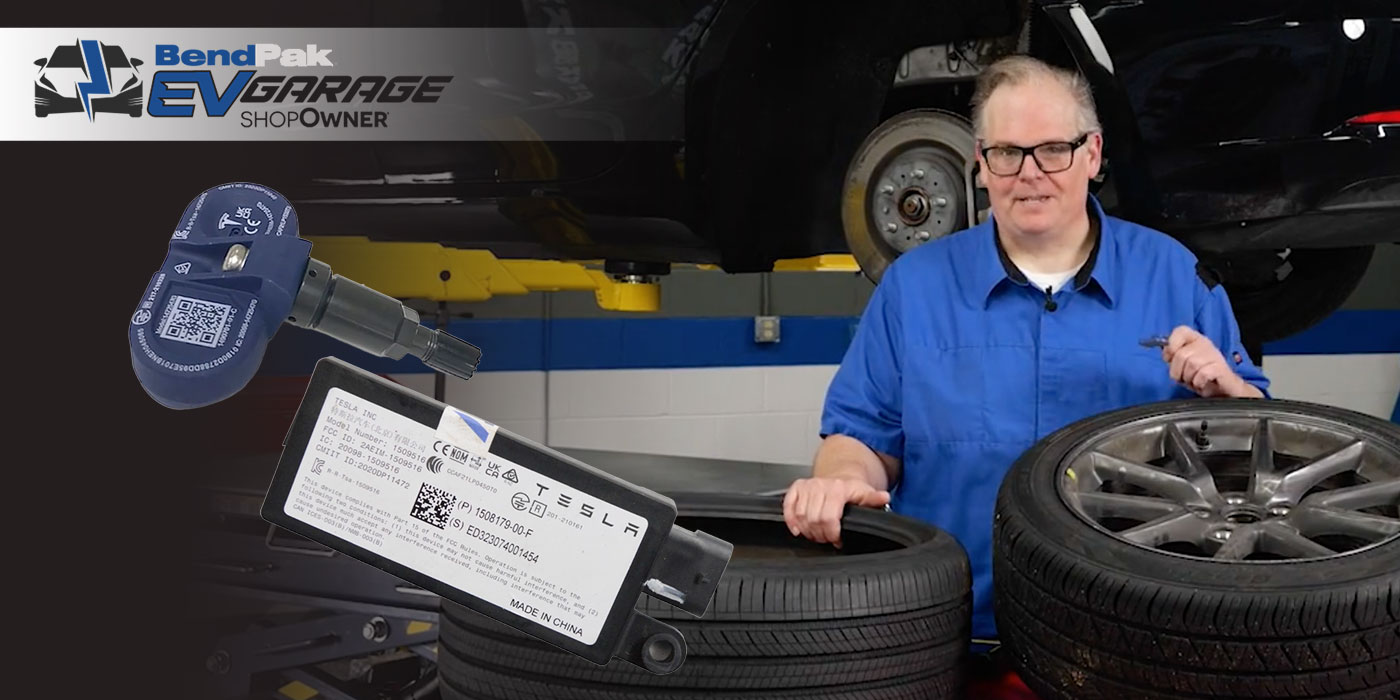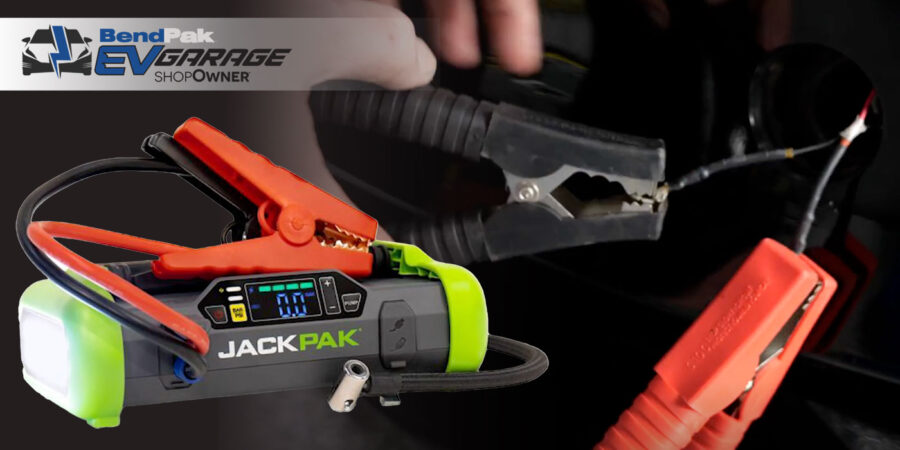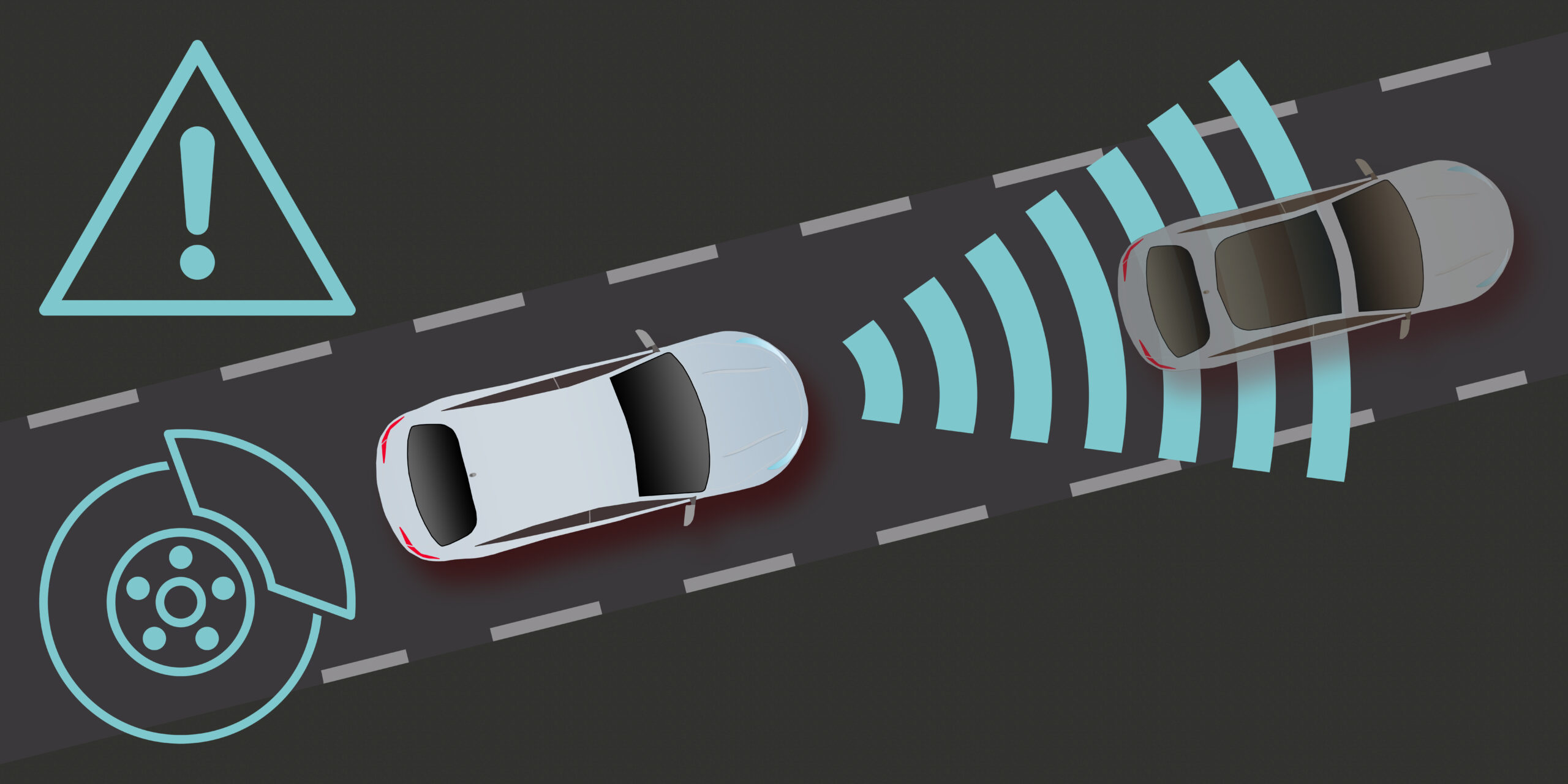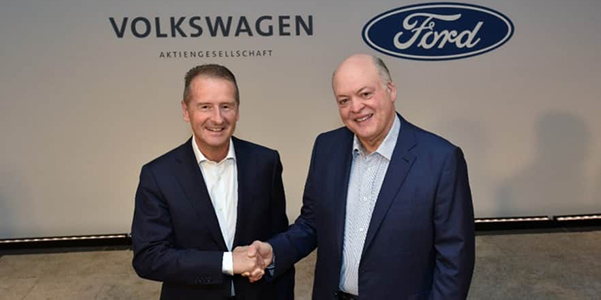
Ford Motor Company and Volkswagen AG announced they are expanding their global alliance to include electric vehicles – and will collaborate with Argo AI to introduce autonomous vehicle technology in the U.S. and Europe.
Working together with Ford and Volkswagen, Argo AI’s self-driving system (SDS) is the first with commercial deployment plans for Europe and the U.S. Plus, being able to tap into both automakers’ global reach, Argo AI’s platform has the largest geographic deployment potential of any autonomous driving technology to date. Volkswagen and Ford independently will integrate Argo AI’s SDS into purpose-built vehicles to support the distinct people and goods movement initiatives of both companies.
Argo AI’s focus remains on delivering a SAE Level 4-capable SDS to be applied for ride sharing and goods delivery services in dense urban areas.
Ford and Volkswagen will have an equal stake in Argo AI, and combined, Volkswagen and Ford will own a substantial majority. The remainder will be used as an incentive pool for Argo AI employees. The full transaction is subject to regulatory approvals and closing conditions.
“While Ford and Volkswagen remain independent and fiercely competitive in the marketplace, teaming up and working with Argo AI on this important technology allows us to deliver unmatched capability, scale and geographic reach,” said Hackett. “Unlocking the synergies across a range of areas allows us to showcase the power of our global alliance in this era of smart vehicles for a smart world.”
Company leaders also announced Ford will become the first additional automaker to use Volkswagen’s dedicated electric vehicle architecture and Modular Electric Toolkit – or MEB – to deliver a high-volume zero-emission vehicle in Europe starting in 2023.
Ford expects to deliver more than 600,000 European vehicles using the MEB architecture over six years, with a second all-new Ford model for European customers under discussion. This supports Ford’s European strategy, which involves continuing to play on its strengths – including commercial vehicles, compelling crossovers and imported iconic vehicles such as Mustang and Explorer.
Volkswagen started developing its MEB architecture in 2016, investing approximately $7 billion in this platform. The automaker is planning to use this platform to build approximately 15 million cars for the Volkswagen Group alone in the next decade.
For Ford, using Volkswagen’s MEB architecture is part of its more than $11.5 billion investment in electric vehicles worldwide – and supports Ford’s commitment to offer its European customers a broad range of electric vehicles while meeting its sustainability commitments.
“Looking ahead, even more customers and the environment will benefit from Volkswagen’s industry-leading EV architecture,” said Diess. “Our global alliance is beginning to demonstrate even greater promise, and we are continuing to look at other areas on which we might collaborate. Scaling our MEB drives down development costs for zero-emissions vehicles, allowing for a broader and faster global adoption of electric vehicles. This improves the positions of both companies through greater capital efficiency, further growth and improved competitiveness.”
The alliance, which covers collaborations outside of Volkswagen and Ford’s joint investments in Argo AI, does not entail cross-ownership between the two companies and is independent from the investment into Argo AI. The alliance is governed by a joint committee, which is led by Hackett and Diess and includes senior executives from both companies.
The companies also are on track to deliver medium pickup trucks for global customers, aiming to start in 2022, followed by commercial vans.

